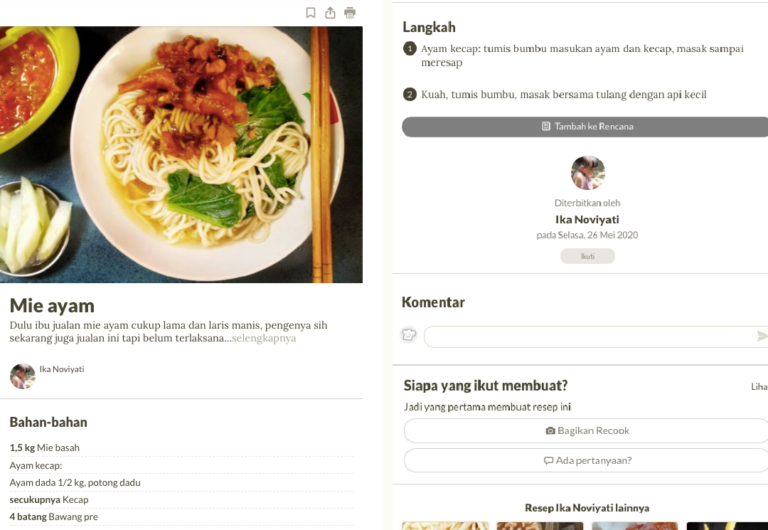Communities of Practice
Communities of practice are mainly known as one of the main players of a Knowledge Management Framework. Communities of practice are peer systems of specialists inside an association, who help each other perform better by sharing their insight. For instance, a community of practice may be set up for electrical designers, with the goal that specialists can report issues and share their expertise, and check whether anybody in the network can give experiences and propose solutions. A considerable lot of the bigger companies have set up many communities of practice, some of which may have over a thousand individuals.
These groups are often called ‘communities of practice’ because they work together to solve problems or provide advice and support. Examples of such communities include: The national society for women’s health, where specialist practitioners meet regularly to discuss issues related to women’s health, including HIV and AIDS; the American cancer society, where specialist practitioners meet regularly to discuss treatment options for cancer patients; the American Academy of Pediatrics, where specialist practitioners meet regularly to discuss treatment for children with leukemia and other cancers.
This community of practice is highly collaborative in nature, as it includes all members of the community who share common interests and values. Not only seeking for help, in communities of practice you could also sharpen problem solving skills, discussing developments on latest news of technology, documentation of previous projects, or even just sharing ideas about how to improve your own practice.
Are the communities of practice only consist of field experts, do we have to get some educational degree to belong to the communities of practice? The answer depends on what communities you belong to. In informal situations, you could belong to a community of cooking, where you could share recipes and give feedback on others’ meals. There’s this cooking recipes application that is popular: Cookpad. I personally use it to find cooking recipes, give comments and give appreciation to others. I think this platform helps and motivates me to share my cooking recipe as well.

Like any other communities, every community of practice will need some roles to keep it running smoothly. These are the main roles you’ll need to fill:
- Community manager-this person will be responsible for overseeing all aspects of the community
- Community leader-this person will be responsible for planning and executing the activities that support the community.
- Facilitator- a facilitator is someone who helps people get involved in the community. A decent facilitator leads from inside, empowers the community, and assembles a sentiment of trust and possession among the community members.
There are many kinds of communities, but they all have one thing in common: They’re open-minded, open-minded people who want to learn from each other. The community of practice is not just about being part of a group, it’s also about having an active role in shaping the future of our society.
References:
What is a Community of Practice & Why Should I Join One? • Team Coaching International
Communities of Practice – an introduction from Knoco
Introduction to communities of practice
Comments :